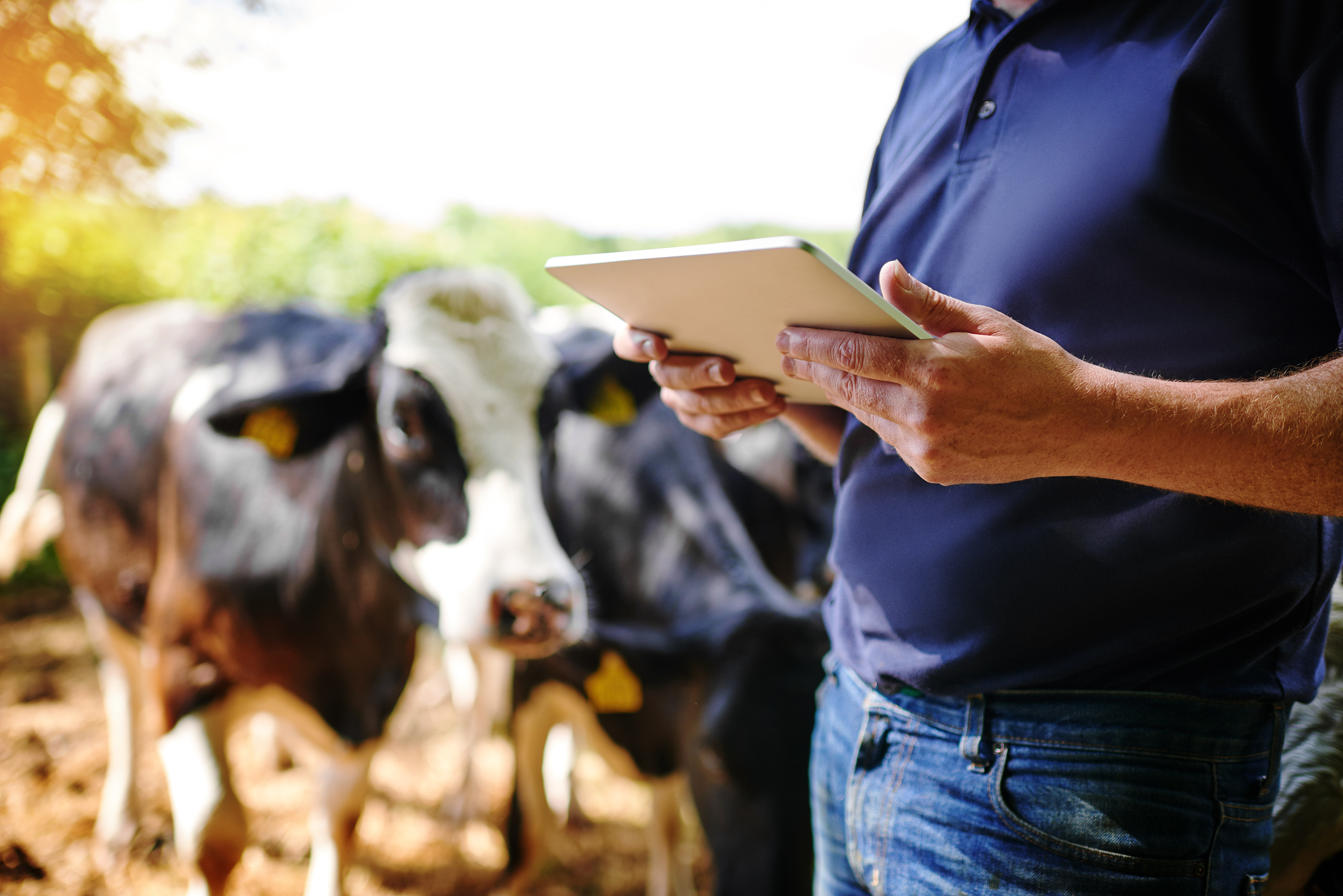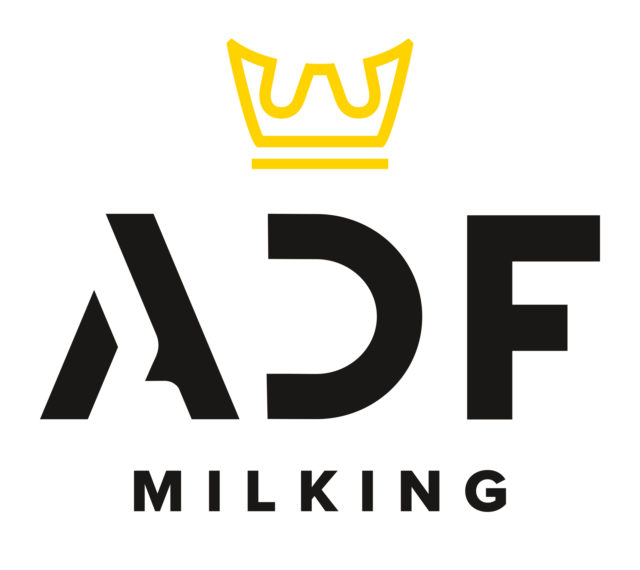Working with farm family dynamics is a bit of an adventure when you are seeking to uncover what each person on the farm team really wants for their personal life, the farm business and their life beyond the farm gate. As mediators in conflict resolution, we are trained to seek the items everyone in the room feels are important – their common interests.
Let’s play with some points of common interest which would be helpful to better behaviour and culture on your farm.
1. Family harmony
Most people asking for coaching have a strong desire for everyone in the family to get along. What does that mean in practice? It means that people are respectful, they don’t make assumptions and there is a regular formalized format for family business discussions to focus and execute all the roles involved.
The written agreement that is helpful here is a “family code of conduct.” In this family, we show up on time, we respect each other, we are honest and we have high emotional intelligence where we express our emotions in healthy ways to resolve conflict.
Here are some tips to improve communication.
- Be straight up with people
- Take time to listen to people
- Stick to reality
- Seek mutual resolution to conflicts
- Seek honesty
- Do what we/you say we/you will do
- Do not be late
- Learn from mistakes
- Anticipate the future
- Have fun; have a mix of rest and recreation
- Embrace technology
- Surround yourself and business with competent people
- Family won’t stop loving each other because of the business
2. Profitability and excellent compensation for our work
Does your farm serve the family or does the family serve the farm business? The goal is to have a profitable farm, but if your interest is just to have a nice lifestyle, ride your horses and sort a few cows, then you are likely not in the same lane as the next generation who wants to make a decent living with a return on their labour and have the best ability to service debt for growth. If these terms are not familiar to your way of doing farm business, you are likely not ready to “professionalize” the farm, as Dick Wittman says.
One helpful agreement would be an operating agreement as to how much income or revenue is directed to the founders and what percentage is going to the successors. For instance, when we first started farming with my husband’s parents, we had a 40% income stream from the farm revenue and the parents got 60%, then it changed to 50/50 until the time of ownership transfer, when it became 100% ours and 0% revenue for the parents.
3. Creating a clear timeline for the shift of ownership/buy-sell agreements
Many young farmers are struggling with the “pain of not knowing.” Their keen interest is to start buying some equity that they can leverage to grow more. Parents are afraid of losing wealth and may have a desire to pass things along in their estate. This lack of financial transparency and unwillingness to talk about the fear of failure of the next generation managing is keeping many farms stuck.
The question “By when would you be willing to sell me some of the equipment or livestock?” is a starting point. Many farmers would love to buy more land which is common ground (pardon the pun) for many, yet it is becoming very hard to do this with high land values.
Where are young farmers going to get help to buy assets? Buy-sell agreements are ways to figure out timelines for the transfer of assets. They are a legal contract that facilitates the purchase or sale of shares and it operates before a will. Buy-sell agreements clarify everyone’s intention (and interests) in the event of a business-altering event.
4. Interspousal agreements
These are now recommended by lawyers to be drawn up by the successors and the founding couples. Some may term these agreements as prenuptials, marriage contracts or co-habitation agreements.
The common interest here is for family harmony and a marriage/partnership that can navigate the storms of life and not bring down the farm if the couple separates. Shifting your mindset from “I would never do that” to “Sounds like a good risk management tool” could be the difference for your business being able to survive marriage breakdown.
Keep in mind, older farm couples get divorced after 32 years of marriage; this is not just an exercise for newlyweds!
5. Land lease agreements
“Handshakes are still good around here, Elaine!” says the aging farmer with two successors wanting to access more rented land. I wish we would trust the handshake to be our bond, but the reality of the shifting culture of agriculture begs people to secure tenancy with well-written land lease agreements. You may have a great time dealing with your bachelor neighbour until his distant relatives show up after his death demanding the top bidder to access the land you have rented for decades.
If you need help creating a good lease agreement, ask your lender for a template to get started. Work with your lawyer to be sure you have your interests protected, such as the right of first refusal.
6. Health care directives
Health care directives are agreements on how you want to be cared for in the event of needing hospital care. I admit this one is still on my to-do list, but my Power of Attorney (POA) is up-to-date. Speak to your lawyer about an enduring POA and be sure you choose a person who has a great track record of mental wellness.
Many couples choose each other, but for farm families, I would suggest an alternate as well. Our son was called upon as POA when my husband was recovering with me by his side for 10 days in trauma care after a truck accident.
Farmers tend to deal with fixing what is in front of them, and not be focused on the “what if” scenarios of life on the farm. I wonder if there is a reward or treat you can whip up to motivate all your farm team to get written agreements in order sooner rather than later? Please use a great ag-informed lawyer for your agreements.










